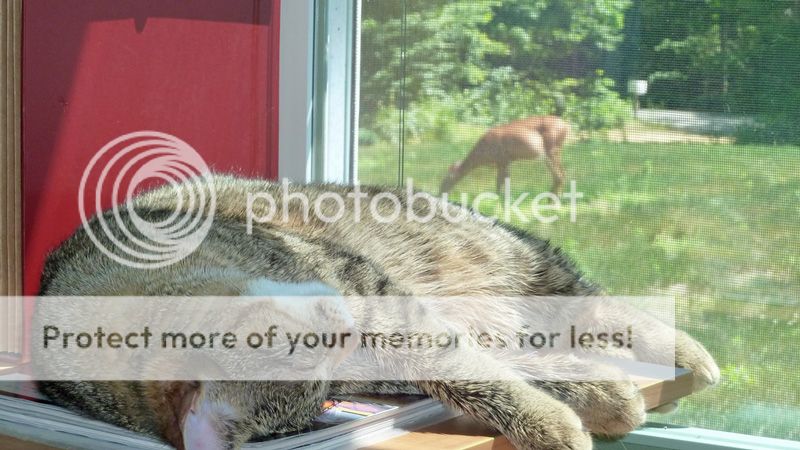"...Also, evolution doesn't have to be slow. Look at bacteria that's resistant to antibiotics. That's evolution. It happens quickly. There's a species of moth that went from mostly white to full black because air pollution (soot) caused by the industrial revolution colored the trees where they hid/lived black. When the pollution levels went down, they turned whiteish again to match their habitat. Google "peppered moth"; that all happened over about 100 years.
If the landscape changes (not just trees and grass, but air temperature, rainfall, introduction of or removal of predators, pretty much anything that affects a species' ability to reproduce) the individuals within that species that can't handle the new environment either die, or don't live long enough to reproduce, or reproduce less successfully. In the first and second cases, evolution can be very fast, in the third, it can take a long time for the changes to show up.

![Smile [smile] [smile]](/xen/styles/default/xenforo/smilies.vb/001.gif)




